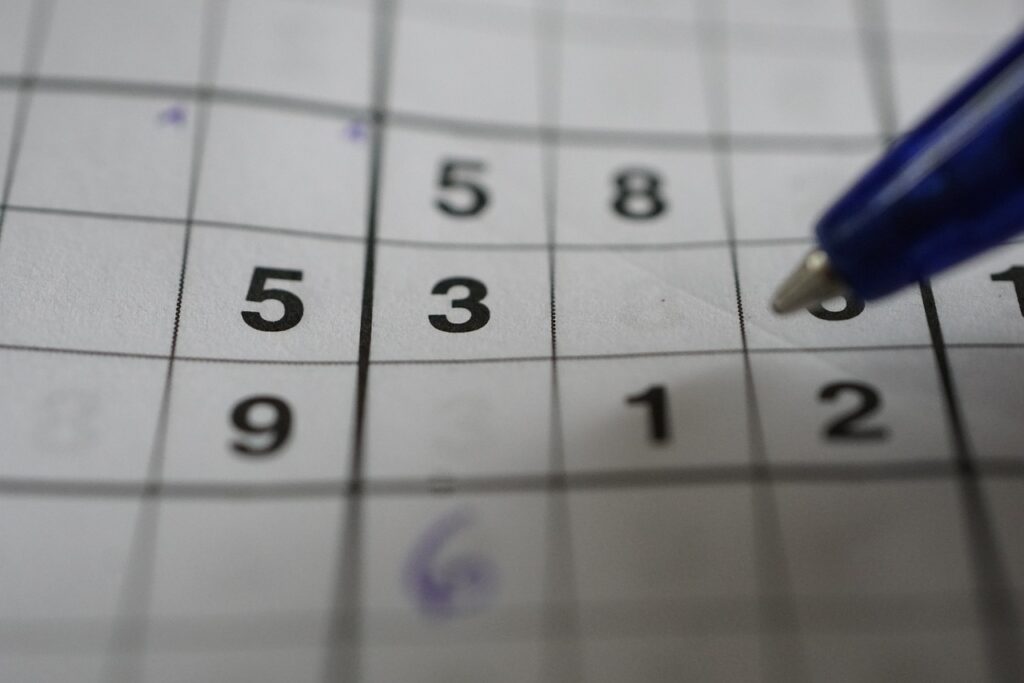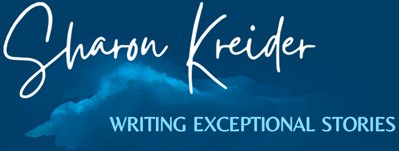Last year I participated in a neuroscience workshop regarding how yoga affects the brain. I learned that the natural aging of the brain accelerates between the ages of 70-80 and increases significantly after 80. Fluid cognition, such as remembering names or visual attention, declines more quickly than crystallized cognition like long-term memories or cultural norms. Music, yoga, and engaging in new activities can help improve fluid cognition and recent research has shown that they might even slow brain aging.
I have no doubt regular yoga practice is a must for my well-being, evidenced by my first yoga teacher who was 94 at the time I studied with him. He could do a headstand for 15 minutes. Remarkable. I hope I can just be standing, let alone on my head, if I am lucky enough to live to 94.
However, the learning new activities part of the workshop had me intrigued and I began reading several articles from Harvard Medicine to government-funded research projects about the subject and especially about cognitive reserve –the brain’s ability to improvise and find alternate ways to solve problems or cope with challenges.
Data indicates it’s not just a new activity or two that can make a difference in preventing cognitive impairment. It’s lots of new activities. Reading books, magazines, playing games, taking classes, teaching a class, learning a new skill, taking up a new hobby, or volunteering for example. It appears that this constant mental stimulation compensates for age-related brain changes and helps reduce brain shrinkage.
Not long after the workshop, I just happened to be on a ferry crossing the Puget Sound (or the Salish Sea as some people call it). While on the ferry, I noticed an older man with a Sudoku book in his hand. He and his wife next to him were completely engrossed in solving one of the puzzles. They clapped their hands. They scribbled. They stopped for several minutes and then went back to the puzzle. I don’t know how far they got in demystifying the riddle by the time the ferry docked, but they didn’t seem bored or asleep like the two teenagers sitting across from them.

I had not tried Sudoku. So, when I got home, I ordered the Original Sudoku book, written by the editors who pioneered the first puzzle magazine in Japan. As soon as it was delivered, I read the rules, the history, and began with the easy puzzles and over time graduated to the medium ones. Last night I solved a very hard Sudoku in just one sitting. Woohoo!
Of course, there are other factors for maintaining and improving cognitive health such as staying connected to family and friends, regular exercise, practicing relaxation techniques like tai chi and meditation, and staying positive, but I think I might have discovered something about constant mental stimulation. It appears that my memories from long ago have sharpened. My mental images are brighter. My aptitude for recalling details also seems to be better. I remembered almost everything on my shopping list (which I left on the kitchen counter). Ooops!
Maybe it’s playing Sudoku. Maybe it’s the many new activities I’m involved in. Maybe it’s my ongoing yoga practice. I don’t know. But I like the thought of doing whatever I can to, well, you know –
Enjoy the passage of time (or a game or two).
Sharon
© 2024. Sharon Kreider. All Rights Reserved.


4 thoughts on “Sudoku”
I love to learn so I hope I’ll continue to stay curious into old age!
Yes, me too!
Learning a new language at an older age seems to be a good challenge for my brain. I love these blogs so much.
Yes, learning a new language is a wonderful way to ignite cognitive health!! Thanks Emily!
Comments are closed.